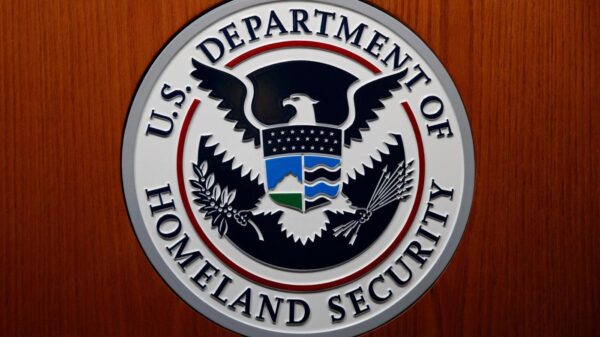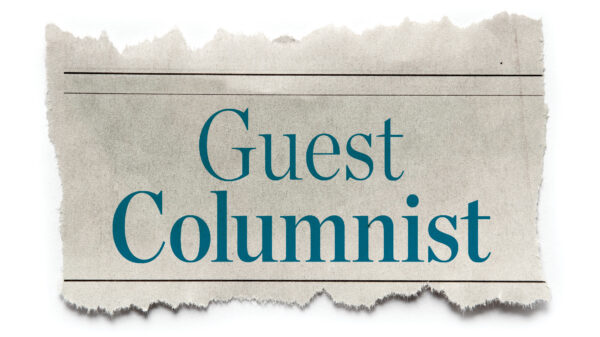URGENT UPDATE: The assassination of prominent right-wing commentator Charlie Kirk has sent shockwaves across America, raising alarming questions about the state of civil society. Kirk, 31, was tragically shot dead on Wednesday, leaving behind two young children and a wife. This incident marks a disturbing escalation in political violence that many fear could signal deeper societal fractures.
Just minutes after Kirk’s murder, two students were shot at a high school in Evergreen, Colorado, further underscoring the rising tide of violence engulfing the nation. These developments have ignited heated debates about the implications for American democracy and safety.
Officials have not yet confirmed a suspect in the assassination, but the political landscape is already reacting with fervor. President Donald Trump pointed fingers at the “radical left,” blaming their rhetoric for a climate of violence. “This kind of rhetoric is directly responsible for the terrorism that we’re seeing in our country today, and it must stop right now,” Trump said, framing the situation as a national security threat.
The context surrounding Kirk’s assassination is chilling. It occurs amid escalating tensions in American society, where norms are increasingly being challenged. Governor JB Pritzker has raised concerns about military presence in urban areas, suggesting they may be acclimating citizens to the idea of armed forces in everyday life. The implications of this are profound, as it blends the lines between security and oppression.
Kirk’s death has drawn attention to a broader narrative of political violence that has gained prominence in recent years. The murder comes on the heels of a disturbing incident involving Iryna Zarutska, a Ukrainian refugee who was stabbed to death on a train in North Carolina. These events are being used by some factions to further a divisive agenda, casting individuals as victims or villains based on their political affiliations.
As political figures like Laura Loomer call for the shutdown of leftist organizations, the urgency for dialogue and understanding is more critical than ever. Loomer stated, “We must shut these lunatic leftists down. Once and for all. The Left is a national security threat.” Such declarations only fuel fears of escalating tensions.
The assassination of Charlie Kirk serves as a grim reminder of the fragility of civil society. It echoes historical precedents where political rhetoric incited violence and chaos. Experts warn that without a commitment to uphold democratic values—such as open dialogue and respect for differing opinions—society risks sliding further into disorder.
The repercussions of Kirk’s assassination are expected to reverberate through political circles, with many anticipating a shift in the national discourse surrounding free speech and public safety. As more details unfold, the nation watches closely, grappling with the implications of a society where violence has become a tool for political expression.
In the wake of this tragedy, the demand for a return to civility and respect for life grows louder. The events unfolding in American cities are not just isolated incidents; they reflect a growing pattern that could have lasting impacts on the fabric of society. The conversation is urgent, and the stakes have never been higher.
As the investigation continues, citizens are encouraged to engage in constructive dialogue, aiming to bridge divides rather than exacerbate them. The road ahead is fraught with challenges, but history shows that societies can reclaim their values and restore order. The world is watching as America confronts this pivotal moment.




































































